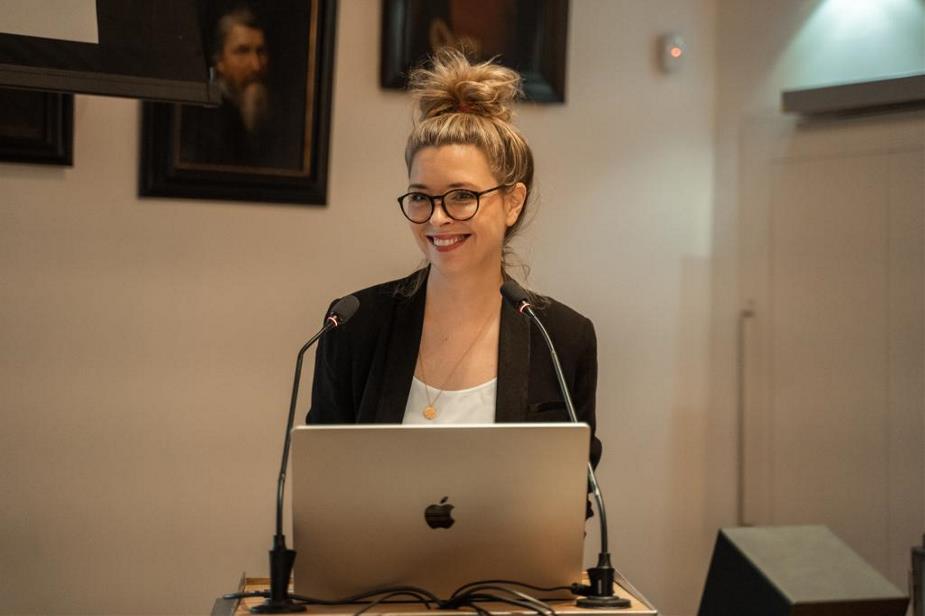Social contacts are essential for a successful sharing economy
8 December 2022
Sharing platforms are popping up everywhere. Examples include Peerby, Thuisafgehaald and Snappcar. While these platforms at first also focused on social interactions, this component is becoming increasingly scarce to...

Sharing platforms are popping up everywhere. Examples include Peerby, Thuisafgehaald and Snappcar. While these platforms at first also focused on social interactions, this component is becoming increasingly scarce to save participants the 'hassle'. Platform Economy professor Nicole Stofberg believes that this is not a positive development. On 18 November, she received her PhD for her research on 'Sustaining the Sharing Economy. Relational and Governance Antecedents of Sharing Behaviors', which shows that social interactions are a key success factor for the sharing economy.
“Sharing platforms are often born out of ideals such as sustainability, cost savings and a desire to help each other. In reality, however, these platforms usually prove ineffective, as there are not enough participants to actually make the platform an attractive option. As a result, platforms are abandoning their ideals and adjusting their strategy. Minimal ‘hassle’ and more financial incentives should make the concept of sharing commonplace,” Nicole explains.
However, she has a more nuanced view of this: “It just seemed to me that the lack of a social component makes sharing impersonal. As a result, people become self-centred and even behave inappropriately. And that, of course, will not encourage people to share more. That is why I focused my research on the role of social interaction in sharing transactions.”
Research
Nicole’s research consisted of four sub-studies involving a total of more than 4,000 people. These were people who were already using a sharing platform, but also some people who were not yet participating. One sub-study involved sharing a bar table, the other a car. Carefully conceived to create a realistic impression and draw accurate conclusions.
“Each sub-study confirmed the idea that social interactions and sharing are inextricably linked. People find the social component more important than compensation or rewards. Relational norms even serve as a blueprint for how much people cooperate with others in their sharing transactions,” Nicole says. "For partial transactions with higher risks, for example cars, security and predictability in the form of insurance and third-party guarantees also appear to be important. But that’s not surprising either.”
The future
In addition to the tendency to make things as easy as possible for platform participants and thereby -consciously or unconsciously- limiting their social interactions, Nicole also sees that financial incentives are built in. “I think that this move towards fees or rewards is a logical one. After all, more expensive items such as a car, house or bungalow tent need to be maintained and depreciate in value through use,” she explains.
Not surprisingly, Nicole believes that, as paradoxical as it may sound, the financial and social components can and should co-exist. In the Digital Operations & Finance Centre of Expertise, she will focus her Platform Economy research group in the coming years on how this can be achieved, thus contributing to the success of the sharing economy.
Additional information
Are you curious about Nicole’s PhD research? Click here for the thesis.
For questions or comments, please contact Nicole at [email protected]